Diagnose AC compressor cycling on and off: check refrigerant levels, clean condenser coils, inspect for leaks, examine electrical connections, and ensure proper airflow. If issues persist, consult a professional technician.
Experiencing your AC compressor cycling on and off frequently can be frustrating, especially when it’s hot outside and you’re relying on your air conditioning for relief. In this beginner-friendly guide, we’ll explore the common causes behind the issue and provide practical solutions to resolve it. Whether you’re facing this problem for the first time or looking for a comprehensive understanding, this article will equip you with the knowledge to tackle AC compressor cycling on and off effectively.
Possible Causes of AC Compressor Cycling On And Off
When your AC compressor is constantly cycling on and off, it can be indicative of various underlying issues. Understanding the potential causes behind this recurrent cycling is crucial for diagnosing and resolving the problem effectively. AC compressor cycling on and off is not only annoying but can also lead to decreased efficiency and increased wear and tear on the system components. Let’s explore ten possible reasons for this issue:
Refrigerant Issues:
One of the most common causes of AC compressor cycling on and off is low refrigerant levels. When there’s insufficient refrigerant in the system, the compressor may struggle to maintain the desired pressure, leading to frequent cycling. This can result from leaks in the refrigerant lines or improper charging during installation or maintenance.
Dirty or Blocked Condenser Coil:
A dirty or blocked condenser coil can hinder the heat exchange process, causing the compressor to cycle more frequently as it tries to compensate for reduced efficiency. Accumulated dirt, debris, or vegetation around the condenser coil can restrict airflow, leading to overheating and cycling issues.
Faulty Thermostat:
A malfunctioning thermostat can inaccurately sense the temperature, causing the AC compressor to cycle on and off unnecessarily. If the thermostat is not properly calibrated or if its wiring is faulty, it may send incorrect signals to the compressor, resulting in erratic cycling behavior.
Restricted Airflow:
Restricted airflow across the evaporator coil due to a clogged air filter, blocked vents, or obstructed ductwork can disrupt the cooling process, leading to frequent cycling of the AC compressor. Poor airflow reduces the system’s ability to remove heat from the indoor air, prompting the compressor to work harder to maintain the desired temperature.
Electrical Issues:
Electrical problems such as loose connections, damaged wiring, or faulty relays can cause the AC compressor to cycle on and off unexpectedly. If the electrical components responsible for controlling the compressor’s operation are compromised, it can lead to intermittent operation and cycling issues.
Overheating:
Overheating of the compressor or other components within the AC system can trigger safety mechanisms that cause the compressor to cycle on and off. Common causes of overheating include inadequate lubrication, refrigerant leaks, or excessive external heat exposure due to insufficient ventilation around the outdoor unit.
Compressor Problems:
Internal issues within the compressor, such as worn-out components, mechanical failures, or refrigerant leakage, can cause it to cycle on and off abnormally. A failing compressor may struggle to maintain adequate pressure levels, resulting in frequent cycling and reduced cooling capacity.
Improper Sizing:
If the AC system is improperly sized for the space it’s intended to cool, it may lead to frequent cycling of the compressor. An oversized unit may cool the space too quickly, causing it to shut off prematurely and cycle on again shortly after, while an undersized unit may run continuously without adequately cooling the space.
System Contamination:
Contaminants such as moisture, dirt, or debris circulating within the AC system can interfere with its operation and lead to compressor cycling issues. Moisture can react with refrigerant and form acids or freeze, causing blockages and fluctuations in pressure that trigger cycling on and off.
Faulty Pressure Controls:
Pressure switches or sensors responsible for monitoring refrigerant pressure levels may malfunction, causing the compressor to cycle on and off unnecessarily. If these controls fail to maintain the optimal pressure range within the system, it can result in erratic compressor operation and cycling issues.
In summary, several factors can contribute to the AC compressor cycling on and off, ranging from refrigerant issues and airflow restrictions to electrical problems and compressor malfunctions. Identifying the root cause of the problem often requires a thorough inspection by a qualified HVAC technician who can diagnose the issue accurately and recommend appropriate repairs or adjustments. Addressing these underlying issues promptly not only restores the proper functioning of the AC system but also helps prevent further damage and ensures efficient operation in the long run.
9 Solutions for AC Compressor Cycling On and Off
Is your AC compressor cycling on and off frequently, leaving you puzzled and uncomfortable in your own home? AC compressor cycling on and off is a common issue that can stem from various underlying causes, disrupting your comfort and potentially leading to increased energy bills. In this comprehensive guide, we’ll delve into nine solutions to address this problem effectively, while also exploring the detailed causes behind it.
1. Clean or Replace Air Filters:
One of the primary culprits behind AC compressor cycling on and off is dirty or clogged air filters. When filters become congested with dust, debris, and other pollutants, airflow is restricted, causing the compressor to work harder than necessary. This increased strain can trigger the cycling behavior. Regularly cleaning or replacing air filters every one to three months can alleviate this issue, ensuring proper airflow and efficient operation of your AC system.
2. Check Refrigerant Levels:
Inadequate refrigerant levels can also lead to AC compressor cycling on and off. Low refrigerant levels could result from leaks in the system or improper initial charging. When refrigerant levels are low, the compressor may struggle to maintain the desired temperature, leading to frequent cycling. A professional HVAC technician can accurately assess refrigerant levels, repair any leaks, and recharge the system to the appropriate levels.
3. Inspect Thermostat Settings:
Incorrect thermostat settings can cause the AC compressor to cycle unnecessarily. Ensure that your thermostat is set to the desired temperature and mode (cooling), and consider upgrading to a programmable thermostat for more precise temperature control. Additionally, avoid placing heat-generating appliances near the thermostat, as this can lead to inaccurate temperature readings and erratic cycling behavior.
4. Clean Condenser Coils:
Dirty or obstructed condenser coils can impair heat transfer and hinder the compressor’s ability to cool the air efficiently. Over time, debris such as dirt, leaves, and grass clippings can accumulate on the coils, reducing their effectiveness. Regularly cleaning the condenser coils with a soft brush or compressed air can improve airflow and prevent the compressor from cycling on and off unnecessarily.
5. Check for Refrigerant Leaks:
Refrigerant leaks are a common cause of AC compressor cycling on and off. Leaks can occur in various components of the AC system, including the evaporator coil, refrigerant lines, and connections. Signs of a refrigerant leak may include hissing noises, ice buildup on refrigerant lines, and decreased cooling performance. A qualified HVAC technician can detect and repair refrigerant leaks to restore optimal system function.
6. Inspect Electrical Components:
Faulty electrical components, such as capacitors, relays, and wiring, can disrupt the proper operation of the AC compressor. Loose connections, worn-out components, or electrical malfunctions can cause the compressor to cycle erratically or fail to start altogether. Regular inspection and maintenance of electrical components by a licensed technician can prevent such issues and ensure reliable performance.
7. Address Insufficient Airflow:
Insufficient airflow across the evaporator coil can lead to icing and subsequent compressor cycling on and off. This can result from blocked or obstructed vents, dirty evaporator coils, or issues with the blower motor. Ensure that vents are unobstructed, clean the evaporator coil regularly, and schedule professional maintenance to address any underlying airflow issues.
8. Check for System Oversizing:
Oversized AC systems may short cycle, causing the compressor to turn on and off frequently. When an AC system is too large for the space it’s intended to cool, it can quickly reach the desired temperature and shut off before adequately dehumidifying the air. This short cycling not only compromises comfort but also increases energy consumption and wear on the compressor. Consulting with an HVAC professional to properly size your AC system can prevent this issue.
9. Schedule Regular Maintenance:
Routine maintenance is essential for preventing AC compressor from cycling on and off and ensuring the longevity of your cooling system. Professional maintenance tasks, such as cleaning coils, checking refrigerant levels, lubricating moving parts, and inspecting electrical components, can identify and address potential issues before they escalate. By staying proactive with maintenance, you can keep your AC system running smoothly and efficiently.
Conclusion
In conclusion, understanding the reasons behind AC compressor cycling on and off is crucial for maintaining optimal cooling performance and preventing potential damage. From low refrigerant levels to electrical issues, various factors can contribute to this cycle. Regular maintenance, including checking refrigerant levels, cleaning coils, and inspecting electrical connections, can mitigate many of these issues. Additionally, ensuring proper insulation and airflow around the unit can improve efficiency and reduce strain on the compressor. By addressing these factors promptly and seeking professional assistance when needed, you can keep your AC system running smoothly, minimizing disruptions and maximizing comfort in your home.

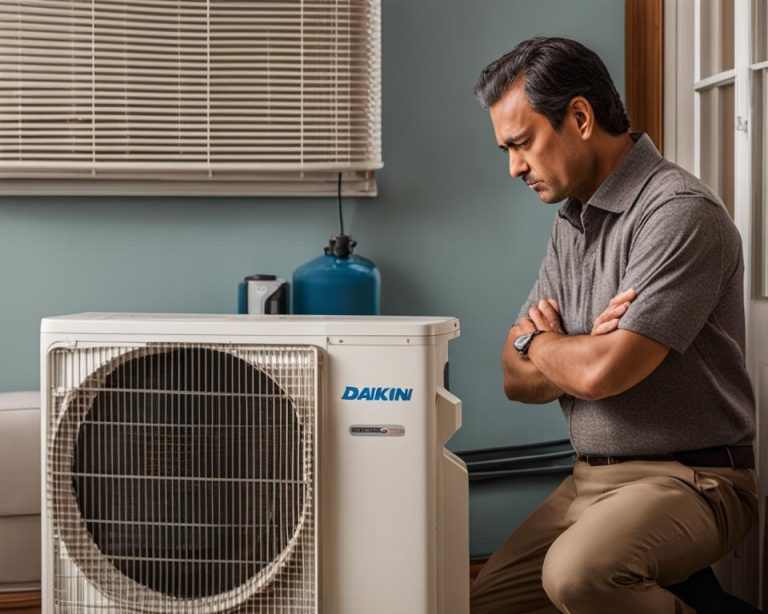
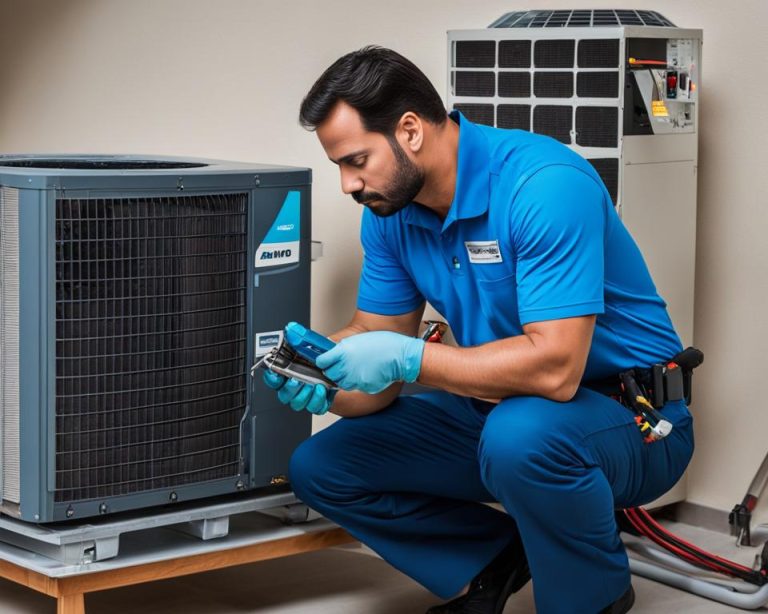
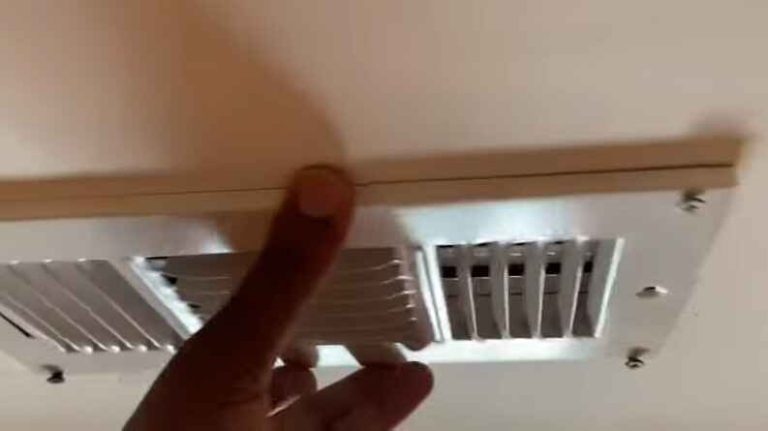

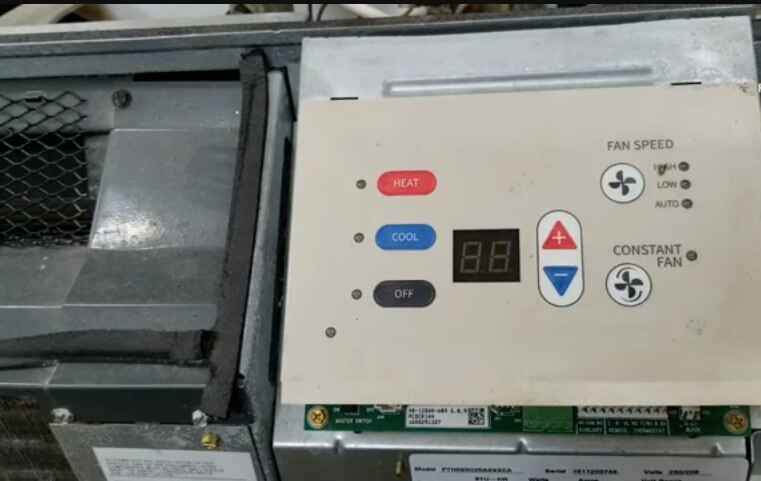
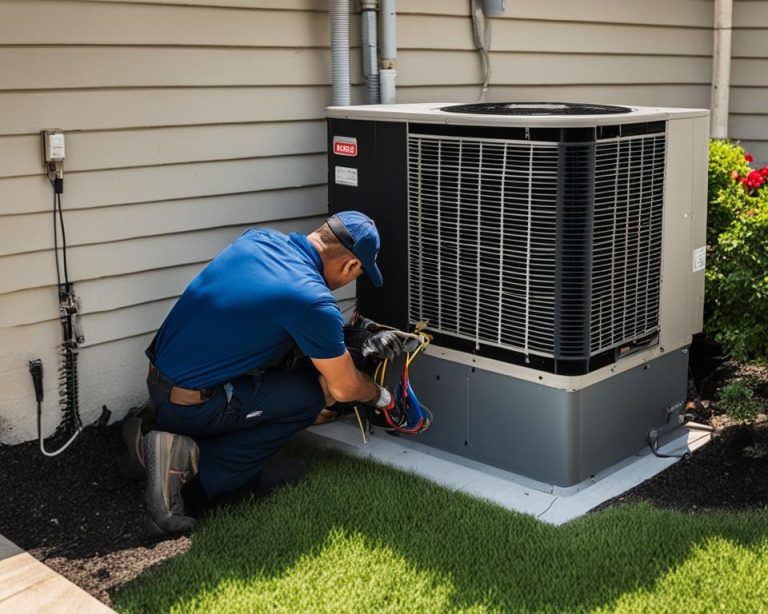
8 Comments